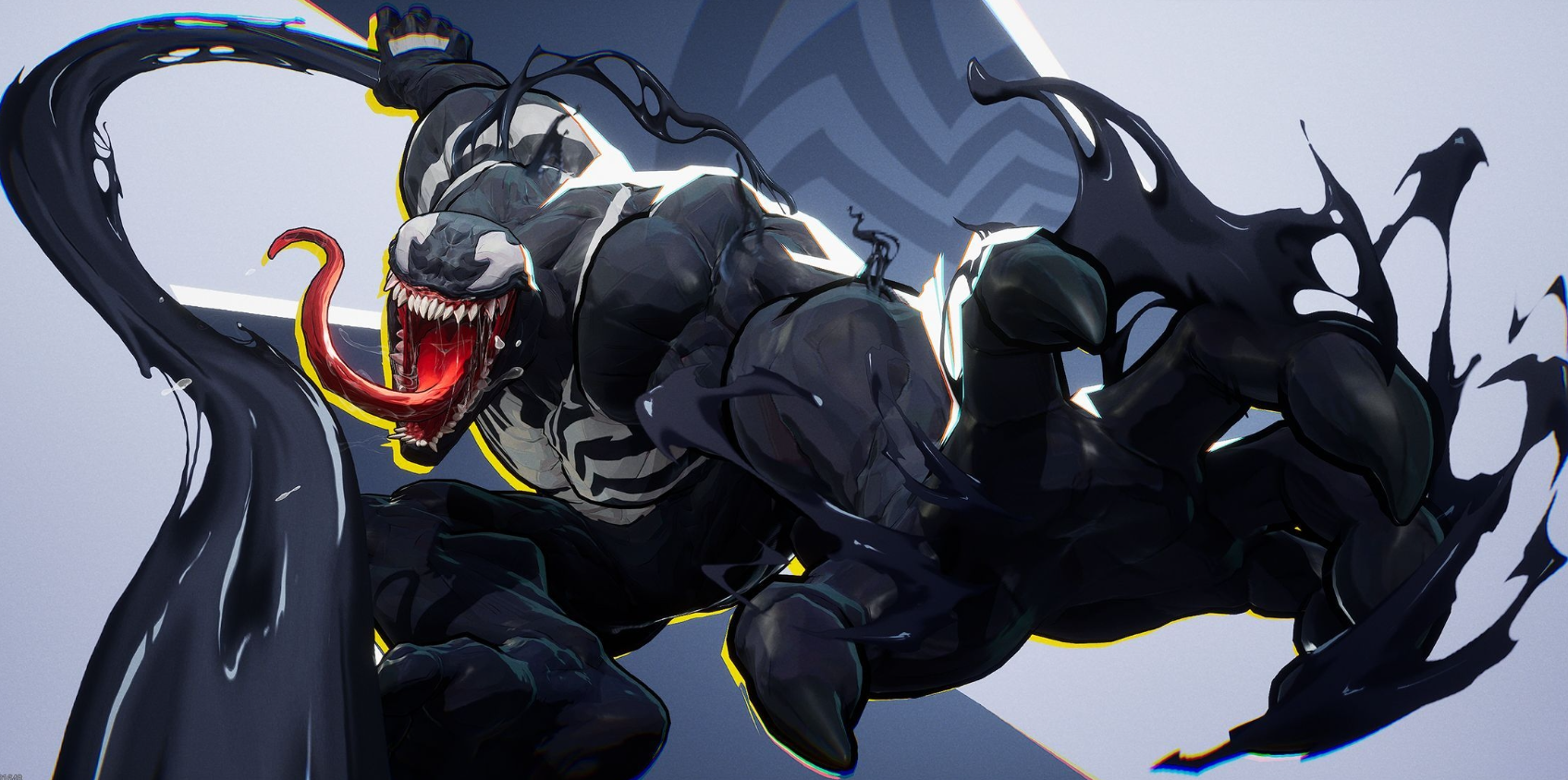Phasmophobia Developers Address Requests for Meta Quest 3 VR Port

The developers of Phasmophobia are fully aware of the growing demand from fans who want the game to be available on the Meta Quest 3 standalone VR headset. Since its release, Phasmophobia has garnered a dedicated fanbase, and many players are excited about the possibility of experiencing the game in a more immersive way through the Meta Quest platform. Virtual reality has the potential to enhance the chilling atmosphere and intense gameplay that Phasmophobia is known for, making the request for a port even more compelling. However, the developers’ response to this demand has raised some eyebrows. While they appreciate the enthusiasm and support from the community, they have indicated that bringing Phasmophobia to the Meta Quest 3 may not be feasible at this time. This news has left many fans feeling disappointed, as they were hoping for a confirmation of a VR port that would allow them to enjoy ghost-hunting adventures in a new and exciting format.
The team has emphasized their commitment to improving the game and focusing on existing platforms, but they understand the desire for expansion into new hardware. As the gaming landscape evolves and new technologies emerge, the developers are continuously evaluating their options. They encourage fans to stay tuned for future updates, as they remain dedicated to enhancing the Phasmophobia experience in ways that align with their vision and capabilities.
Table of Contents
Kinetic Games Addresses Demand for Phasmophobia on Meta Quest 3
Kinetic Games’ Phasmophobia has captivated players since its initial release, offering a unique blend of horror and cooperative gameplay that immerses players in the world of ghost hunting. The game has been available in virtual reality for some time, allowing players to fully engage with its chilling atmosphere. However, the recent release on the PlayStation 5, along with support for PSVR 2, has brought renewed excitement and discussion within the gaming community. Players are now more eager than ever to experience the game in VR, and many Meta Quest owners are calling for a version tailored for standalone VR headsets.
The thrill of encountering supernatural entities in a virtual environment significantly amplifies the fear factor. Players have expressed that being able to turn their heads and physically move around adds an intensity that a standard screen simply cannot replicate. This heightened immersion is prompting many to revisit the idea of a Meta Quest port, hoping for the same spine-tingling experiences that have become synonymous with Phasmophobia. In an interview with VideoGamer, developer Ben Lavender shared insights into the studio’s perspective on the demand for a Quest 3 version. He acknowledged the enthusiasm of the fanbase and their desire to see the game on the new platform. However, he also highlighted some significant hurdles that the team faces in making this a reality. One of the primary challenges is the size of the development team; Kinetic Games operates with a relatively small group of individuals. This limited workforce means that adding a new platform to their development pipeline could divert resources and attention from ongoing projects and updates. Moreover, Lavender pointed out that simply porting the game to the Quest 3 is not a straightforward task. The technical aspects of ensuring that Phasmophobia runs smoothly and maintains the same level of quality as it does on other platforms is a considerable challenge.
VR games require meticulous optimization to deliver a seamless experience, especially when it comes to performance, graphics, and user interface. The developers want to ensure that any new version of the game meets the high standards that players expect, which adds another layer of complexity to the process. Despite these challenges, Kinetic Games remains committed to their player community. They understand the excitement surrounding the potential for a Quest 3 release and value the feedback from fans. The team is continuously evaluating their options and considering the feasibility of expanding to new platforms in the future. They encourage players to stay engaged and keep an eye out for updates, as the developers are dedicated to enhancing the Phasmophobia experience and exploring new possibilities. The game’s success has also led to a growing community of players who share strategies, experiences, and fan-created content. This vibrant community has played a significant role in the game’s ongoing popularity, with many players eagerly discussing their ghost-hunting adventures and the scares they’ve encountered. The social aspect of Phasmophobia is one of its key selling points, as players often team up with friends to tackle various challenges and unravel the mysteries of haunted locations.
As technology continues to evolve, the potential for new VR experiences expands as well. The advancements in hardware and software can open doors for developers to create more immersive worlds that push the boundaries of what players can experience. Kinetic Games is aware of this potential and is excited about the future of gaming, particularly in the realm of virtual reality. They are committed to staying informed about industry trends and technological advancements that could benefit their development process and enhance the player experience. In conclusion, while the demand for a Phasmophobia port on the Meta Quest 3 is palpable, Kinetic Games faces several challenges that make it a complex undertaking. The developers are aware of the excitement surrounding the possibility and appreciate the community’s passion. As they continue to work on improvements and expansions for the game, fans can remain hopeful for future developments. The journey of Phasmophobia is far from over, and with the right opportunities, it could evolve into an even more thrilling experience for players—whether on existing platforms or potentially on new ones.
What’s Preventing Phasmophobia from Releasing on the Quest 3?
Lavender elaborated on the technical challenges facing Phasmophobia when it comes to adapting the game for the Quest platform. He pointed out that the game’s unique mechanics, which involve ghost interactions like throwing objects and manipulating lights, require significant processing power. This complexity means that running Phasmophobia on older devices or even the Quest 3 could be problematic. Unlike some games that can simplify visual elements to ease the load on hardware, Phasmophobia’s design relies heavily on dynamic interactions that are integral to its gameplay experience. One of the standout features of Phasmophobia is its immersive atmosphere, which is largely created through these ghostly interactions. Players rely on the game’s ability to create tension and fear, and removing or altering these elements would fundamentally change what makes the game compelling. Lavender emphasized the importance of maintaining the game’s core experience, which is why the developers are cautious about pursuing a Quest port without ensuring that it can deliver a comparable experience to other platforms.
Despite these hurdles, there is a sense of optimism among the developers regarding the future of VR gaming. While the current generation of Quest headsets may have limitations, the rapid advancement in technology means that future models could potentially meet the demands of more resource-intensive games like Phasmophobia. The developers are keeping an eye on the evolving landscape of VR hardware, hopeful that new innovations will make it feasible to bring their game to standalone devices. The team has also made it clear that their priority is to ensure cross-compatibility across all platforms. They want players on different systems to have a seamless experience, meaning that any version of Phasmophobia released for the Quest would need to be equal in quality and functionality to versions available on consoles and PCs. This commitment to maintaining a high standard is another reason why they are taking a cautious approach to potential ports.
Additionally, Lavender mentioned that Phasmophobia is a collaborative experience that thrives on teamwork and social interaction. Many players enjoy gathering with friends to investigate haunted locations, and this aspect of the game could be compromised if the performance isn’t up to par on the Quest. The developers recognize that the social dynamics of gameplay are crucial to player satisfaction and engagement, and they don’t want to release a product that could hinder that experience. For those eager to play Phasmophobia on the Quest, there is an alternative solution available. Players can connect their Quest headset to a PC via a wired connection, allowing them to access the full version of the game with all its features and interactions. This setup offers a way for players to enjoy the immersive experience that Phasmophobia provides while still using their Quest hardware. However, this method does require a capable gaming PC, which not all players may have access to. In the meantime, the developers are focused on refining Phasmophobia and preparing for its 1.0 version release. This update is anticipated by many in the community, as it promises to bring new content, features, and improvements to the game. The team is dedicated to enhancing the overall player experience, and they are working diligently to ensure that the game evolves in a way that meets the expectations of its growing fanbase.
As the gaming industry continues to innovate, Kinetic Games remains hopeful that the landscape will shift in favor of bringing Phasmophobia to standalone VR headsets in the future. Players are encouraged to stay engaged with the community and keep an eye on official announcements as the developers continue to explore possibilities for expansion. The journey of Phasmophobia is far from over, and with patience and ongoing support from players, there may be exciting developments on the horizon. Ultimately, the desire for a Quest version of Phasmophobia reflects the enthusiasm and passion of its player base. The developers appreciate this support and are committed to delivering an experience that lives up to the high standards that fans have come to expect. While immediate plans for a Quest port may be on hold, the future holds promise as technology advances and the team continues to innovate within the world of virtual reality gaming.




